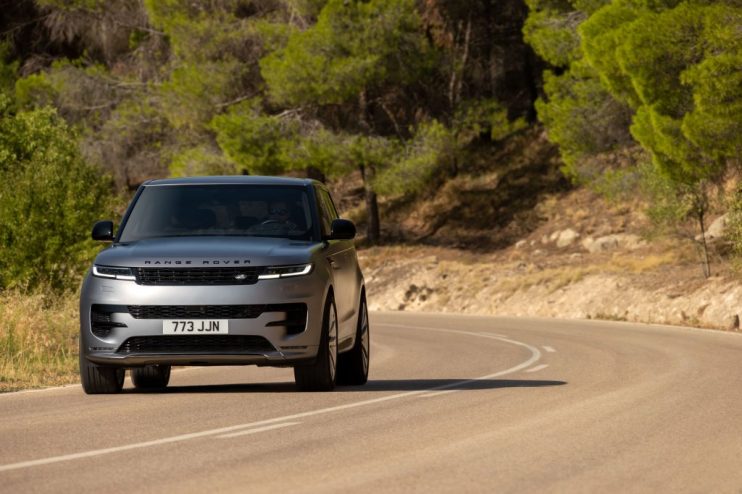Jaguar Land Rover’s sales to retailers surge as semiconductor shortages ease
Jaguar Land Rover today reported a surge in the number of sales to retailers, as the semiconductor shortages that have plagued the automotive industry for the past three years begin to ease.
The luxury car maker produced 79,591 vehicles in the three months to 31 December, 15 per cent up on last year’s levels.
Wholesale volumes – which represent the number of cars sold to dealerships – were 5.7 per cent higher compared to the previous quarter and were driven by the North American and UK markets, which respectively reported a 17 per cent and 13 per cent hike.
Whereas sales in China were 13 per cent down as a result of Covid-related headwinds.
Initially a byproduct of the pandemic, supply chain issues – including chip shortages – were magnified by the Covid restrictions imposed by Beijing’s government, which led to significant disruption to trade.
Despite the pandemic’s impact on the Chinese market, the car maker continues to see a strong demand for its vehicles.
Jaguar Land Rover’s (JLR) total order book went up to 215,000 orders at the end of December – 4.9 per cent up on September levels.
A company spokesperson said the increased order book reflects a stronger client demand, “particularly for our new Range Rover, new Range Rover Sport and Defender models.”
Demand for the new Range Rover and the new Range Rover Sport has more than doubled, going up from 13,537 units in the second quarter of 2022 to almost 27,000 three months later.
JLR’s sales results come amid hopes of recovery for the wider UK automotive industry.
The Society of Motor Manufacturers and Traders (SMMT) told journalists last week it expected 2023 to be a year of recovery.
According to chief executive Mike Hawes, the UK automotive sector will deliver a 15 per cent growth worth an additional £10bn this year.
The pent-up demand for new cars will act as a buffer against the cost-of-living crisis biting into Britons’ pockets.
